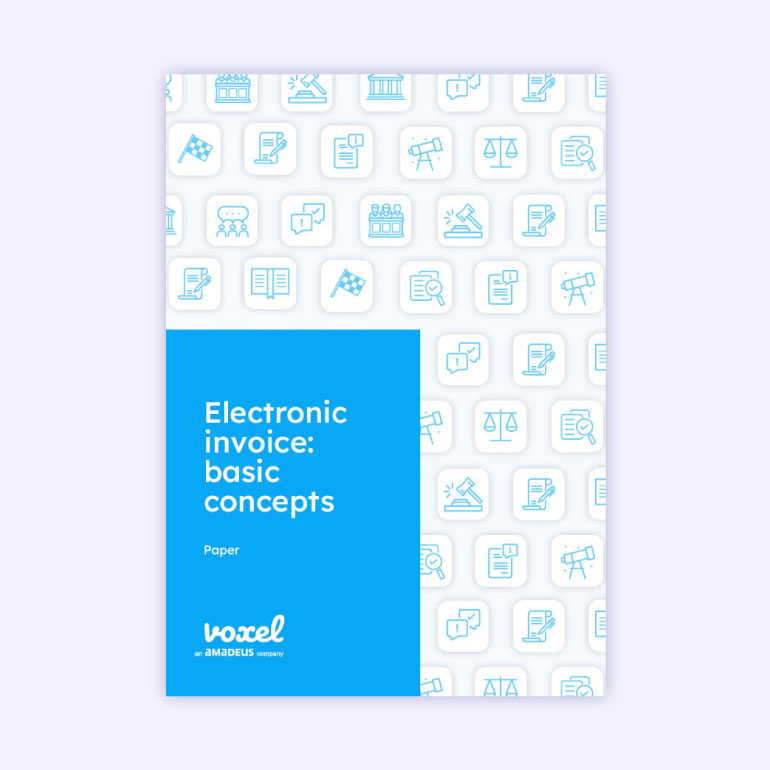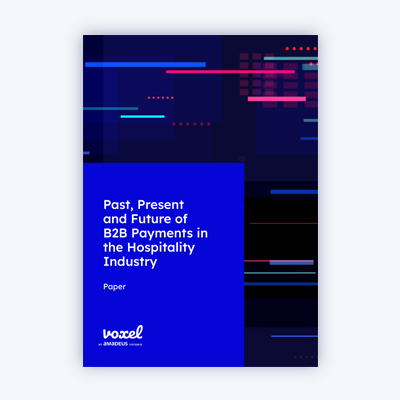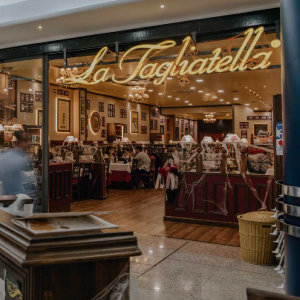
20+ years
of experience

1,000
corporate customer

Leading
TMC
The starting point
A leading Australian Travel Management Company (TMC) identified that payments to hotels were basically carried out manually, involving the sending of emails and calls. The 40 travel consultants working at the company would spend about 3 to 4 minutes processing each payment instruction for passive hotels; in other words, hotels that did not manage their payments directly through their GDS, Amadeus.
More specifically, consultants had to report data about the reservation, virtual credit cards (VCC) and included services to hotels. Then, they had to consolidate the information with each hotel in order to obtain the invoice for each service and send it to the corporate client. This information was sometimes reported via email and other times through the hotel’s website.
These types of tasks prevented them from focusing on their work as consultants. Also, the manual management of payments caused errors and consequently, generated more manual tasks and more time was invested.
With the arrival of the PCI (Payment Card Industry) regulation in the year 2006, the process became even more tedious.
The Australian TMC attempted to automate the process with a supplier, which in addition to being very expensive, was only able to automate 65% of the transactions. In 2017, the company contacted Voxel to automate the entire payment process to travel industry suppliers.
The solution
With the aim of automating its payment process to hotels, the company began using Bavel Pay, the B2B payment solution by Voxel. Specifically, three of its five modules: Omnichannel connectivity, rules engine and virtual payments hub.
“The implementation process was highly collaborative. Both teams ensured everything ran smoothly”, recalled the spokesperson of the leading TMC.
After the connection between both systems, the automated payment process operates as follows: Bavel Pay gets information about the reservation from Amadeus. Then, and depending on the pre-established rules, the rules engine selects what payment supplier is used for each transaction and connects to it via the virtual payments hub to generate the VCC required in each case. Finally, Bavel Pay enters all payment information in GDS for it to be distributed (in the case of active hotels) or distributes it directly to the hotel (in the case of passive hotels). This way, the hotel as well as the TMC have the same information, which is also compliant with the PCI legislation.
Currently, the company works with two payment partners through Bavel Pay: Amex and Airplus.
One of the main advantages of using Bavel Pay is precisely the rules engine. Thanks to this engine, Bavel Pay is able to consider different factors, such as the type of service contracted or the currency, to automatically decide what payment supplier is more suitable for each transaction and for each corporate client.
Likewise, the information contained in the payment instruction is complete and is not only based on the 16 digits of a VCC. The result is a better experience for TMC workers as well as for business travelers and the hotel.
The outcome
Thanks to the implementation of Bavel Pay, the 40 consultants from the TMC have freed up 20% of their time, which they can now spend organizing travel for their corporate clients and not on payment instructions. “Once Bavel Pay came on line, workers were finally able to focus their efforts on the tasks that make us money”, explained the spokesperson of the company. And added “our mission was to let travel consultants be travel consultants”.
He also also explained that “The best part of Bavel Pay is that 99% of payment instructions are carried out without any action on our part (…) We don’t even notice everything that is going on in the back office”. Thanks to an almost complete automation, errors have been drastically reduced.
Another benefit mentioned after adopting Bavel Pay is the relationship with their suppliers and corporate clients: “with hotels it is much easier to work with this new system. We do things faster and, consequently, corporate clients also streamline their stay at the hotel as well as their administrative processes”.
Finally, he talked about a direct transaction cost savings: “The general costs
of transactions have been reduced by 93%”.
freed up

General cost
reduced by 93%

drastically reduced.
are automatic

with travel suppliers

corporate travelers
and hotels.












